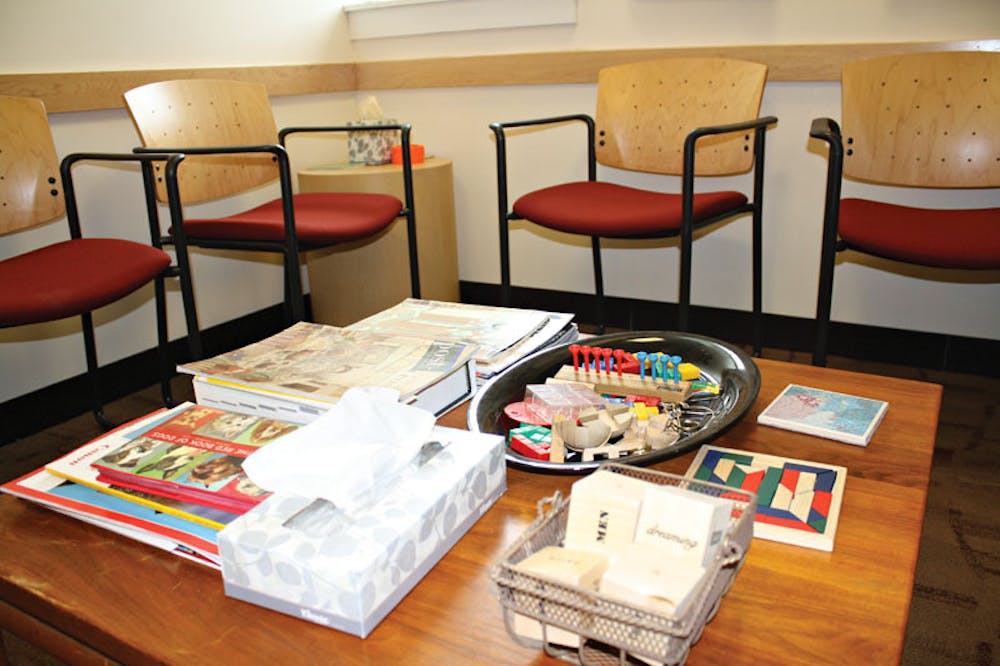Counseling and Psychological Services is considering signing on to the Jed and Clinton Health Matters Campus Program, a four-year commitment to reducing substance abuse and preventing suicides among college students, said CAPS Director Sherri Nelson.
Since the program’s launch in June, 56 colleges and universities have already committed to participate in its series of workshops, assessments and reforms, according to an Oct. 1 press release from the Jed Foundation, which sponsors the program in conjunction with the Clinton Foundation Health Matters Initiative. Four Ivy League institutions have already joined the program: Columbia, Cornell, Penn and Princeton.
The Campus Program “is very comprehensive,” Nelson said, adding that she plans on inquiring more about the program and other schools’ involvement at an annual, three-day conference starting Nov. 9 for directors of college and university counseling centers.
“Over time, we would like most colleges and universities to participate,” wrote John MacPhee, executive director of the Jed Foundation, in an email to The Herald, adding that the program is designed for “all types of schools.”
The program stems from a collaboration between two prominent mental health institutions: the Jed Foundation, which focuses primarily on suicide prevention in college settings, and the Clinton Foundation Health Matters Initiative, a health and well-being advocacy group for the general population.
The Campus Program’s purpose is to help schools “prevent the two leading causes of death in young adults — unintentional injuries, including those caused by prescription drug overdoses or alcohol poisoning, and suicide,” according to the program’s initial Jan. 14 press release.
Drug abuse and suicide “are a concern on every college campus,” Nelson said. “Those are always concerns, whether or not they’re happening on our campus or any other campus.”
Administrators want to ensure the Campus Program does not overlap with existing CAPS initiatives before committing to the program, Nelson said. “I would want it to be differentiated from other things that we’re doing. What I want to be sure of is that we don’t dilute our efforts too much in any one area.”
The University currently has a group in place to address the issues of student drug abuse and suicide. The Campus Life Advisory Board’s Subcommittee on Alcohol and Other Drugs “meets monthly and discusses policy issues,” Nelson said.
This semester, CAPS will introduce the Mental Health Advisory Council, which will comprise outside professionals and representatives from Student Employee Accessibility Services, Health Services and the Office of Student Life, Nelson said. “It’s going to look at mental health services and the way we provide them more widely,” she said.
Along with these programs, CAPS primarily offers private counseling sessions to students who reach out to schedule appointments. “Our main mission is one-to-one (counseling), and that has to come first,” Nelson said, adding that the team of psychotherapists sees around 17 percent of the undergraduate student body each year.
“We’re trying to do more outreach,” she added. “There are a lot of resources that often times students aren’t aware of until something happens.”

ADVERTISEMENT




